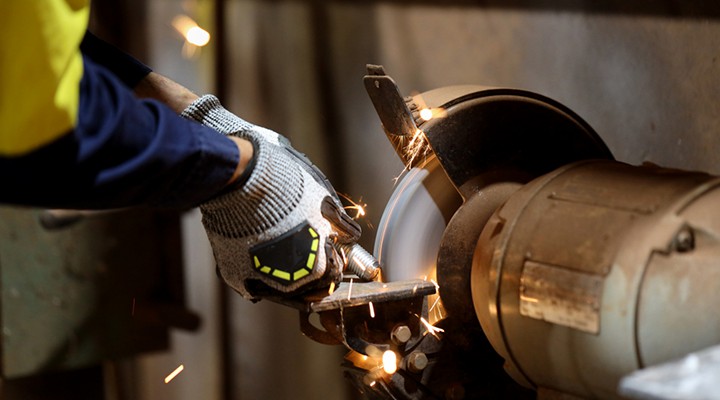Mastering Abrasive Wheels Risks: Essential Workplace Safety Best Practices Across Ireland
Abrasive wheels are indispensable tools in various industries, utilized for cutting, grinding, and polishing materials. However, the risks associated with these tools can lead to serious workplace hazards. This guide explores the dangers of abrasive wheels, common injuries, and ways to mitigate risks effectively while complying with safety regulations in Dublin, Cork, Galway, Limerick, Waterford, and other major cities across Ireland.
The Risks Associated with Abrasive Wheels
Abrasive wheels, when misused, can pose significant threats to the safety of workers. The following are the most pressing risks you need to be aware of:
- Wheel Breakage: One of the most dangerous incidents can result from abrasive wheel breakage, which can send shards flying at high speeds, potentially injuring anyone in the vicinity.
- Improper Usage: Utilizing the wrong wheel for a task can lead to excessive wear and tear on equipment, increasing the likelihood of malfunction.
- Lack of Personal Protective Equipment (PPE): Not wearing appropriate PPE, such as safety goggles, gloves, and face shields, exposes workers to severe injuries.
Common Injuries Resulting from Abrasive Wheels
Understanding the types of injuries that can occur due to abrasive wheels is crucial for prevention:
- Eye Injuries: Flying debris can cause serious eye injuries, which may result in permanent damage or loss of vision.
- Cuts and Lacerations: Direct contact with abrasive surfaces or broken wheels can lead to deep cuts and lacerations.
- Puncture Wounds: Metal fragments from broken wheels can puncture the skin, creating risk for infections and other complications.
Mitigating Risks: Best Practices for Workplace Safety
To minimize the risks associated with abrasive wheels, follow these industry best practices:
- Regular Inspections: Conduct routine checks on equipment and abrasive wheels to identify signs of damage or wear.
- Proper Training: Employees should undergo certified Abrasive Wheels training to ensure they understand safe handling and operational protocols.
- Use the Right PPE: Equip employees with required PPE, such as safety glasses, gloves, and hearing protection, to minimize the risk of injuries.
- Follow Manufacturer Guidelines: Adhere strictly to guidelines provided by the manufacturer regarding maximum speeds and proper wheel mounting.
Importance of Safety Training and Risk Assessments
Implementing a robust safety training protocol is paramount for preventing accidents related to abrasive wheels:
- Enhanced Awareness: Safety training equips employees with knowledge about potential hazards, promoting a culture of safety.
- Compliance with Regulations: Ensuring employees are trained helps organizations comply with workplace safety regulations enforced by authorities in Ireland.
- Effective Risk Assessments: Conducting regular risk assessments helps identify hazards specific to your workplace and develop strategies to mitigate them.
Conclusion: Ensuring Safety Across Irish Workplaces
In summary, working with abrasive wheels presents serious risks that can lead to catastrophic injuries. Recognizing these risks and implementing comprehensive safety measures, including proper training and the use of personal protective equipment, is crucial. Employers in Dublin, Cork, Galway, Limerick, Waterford, and beyond are encouraged to invest in Abrasive Wheels training courses to safeguard their workforce.
For more information on enhancing workplace safety or to enroll in a local abrasive wheels safety course, contact us at [email protected].



 349,500 Offered Certificates
349,500 Offered Certificates
 24/7 Online Training
24/7 Online Training
 Money Back Guarantee
Money Back Guarantee
 Fully Accredited Courses
Fully Accredited Courses
